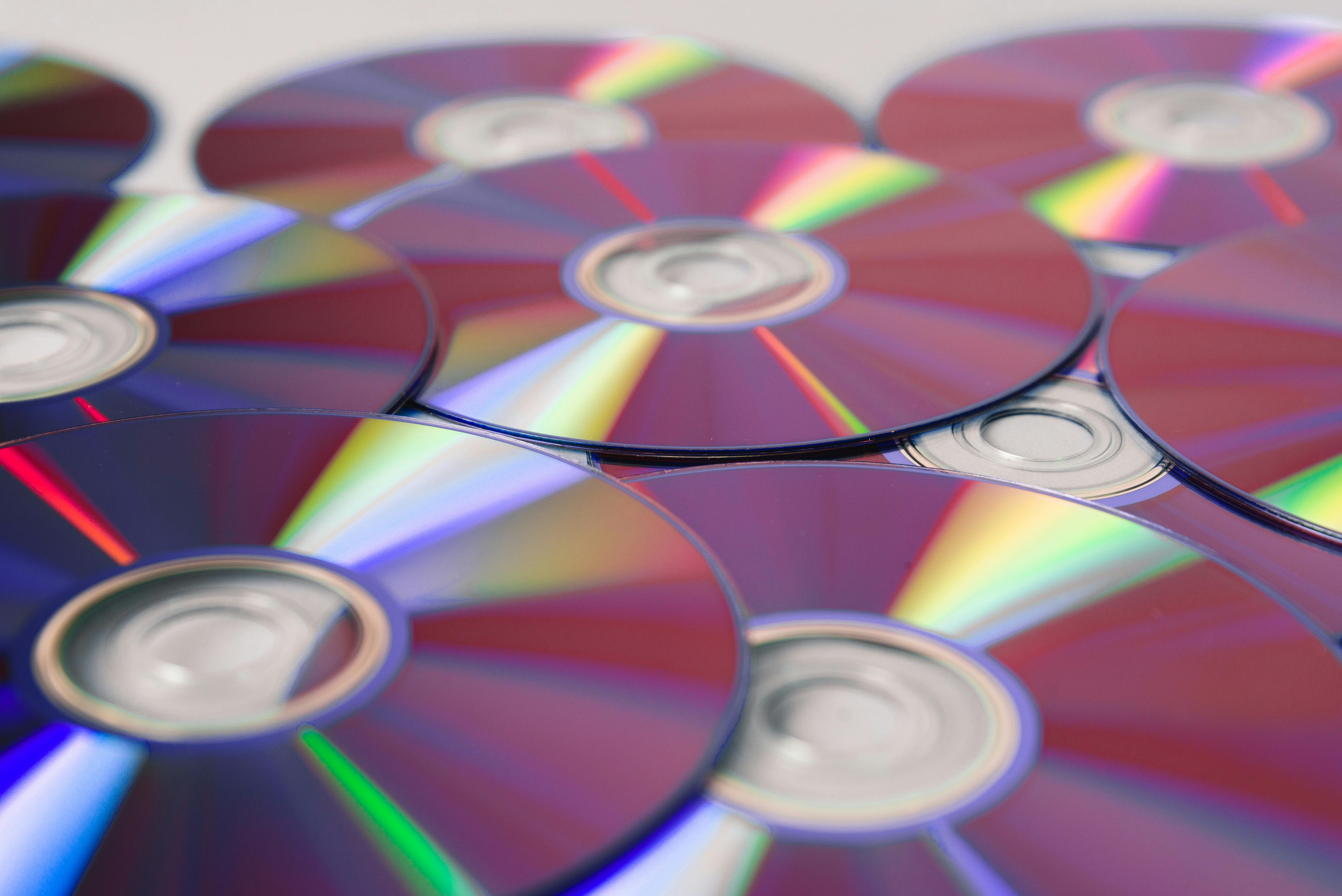There has been a lot of concern about the level of electronic scrap and garbage that is flooding Africa. Most of this unwanted waste comprises used computers and accessories that come mostly from advanced countries where the pace of technological change is far beyond that of Africa.
Virtually all African governments are not sure how to contain this dumping of garbage in their countries. They are caught between the desire to promote ICT education among their population through the use of cheap computers to come and the fuss from environmentalists about the damage this is causing to the environment of the continent. Indeed, it is a difficult position for any government.
Most African countries are now setting up community-driven ICT centers where places are set up and equipped with computers (mostly those brought in from the West as waste) for use by a certain village or community. . However, most of these initiatives typically do not go far due to the relatively high overall cost of operating the computers. Needless to say, there is the cost of running a pirated copy (which is what we can afford) of Microsoft Windows XP on a computer designed for Windows 95 and 98.
Most of the used computers that are brought to Africa pretty much end up in the landfill because most people just can’t get it to run the resource of an operating system called Windows. It is in this sense that I strongly believe that African governments can make some profit from the electronic “waste” that enters by looking for very easy, cheap and powerful software alternatives called Open Source.
A computer is not complete without the necessary software to run it. If you have the computer and it doesn’t have compatible software, then you still can’t use it. So if the computers are too old and running Windows on them is next to impossible, why not try a free and open source operating system like Ubuntu Linux and Fedora? Ubuntu, for example, can run on very old hardware with as little as 128 MB of memory.
Such a resource-efficient, powerful and free Linux operating system can breathe new life into computers that would otherwise be written off as dead. So in my opinion, if African governments really want to make sense of the environmental situation they face, then I think educating people and taking steps to promote resource-efficient software will go a long way.
All you have to do is restore used computers and install free software like Ubuntu and Open Office on them. Giving new life to old computers through open source and free software will help reduce environmental degradation, improve people’s access to ICTs, create jobs for those who will perform restoration, and educate the youth and the next generation. about free and better alternatives to Microsoft. resource hog and expensive products.
With Open Source, it’s a win-win situation. Share your thoughts.
